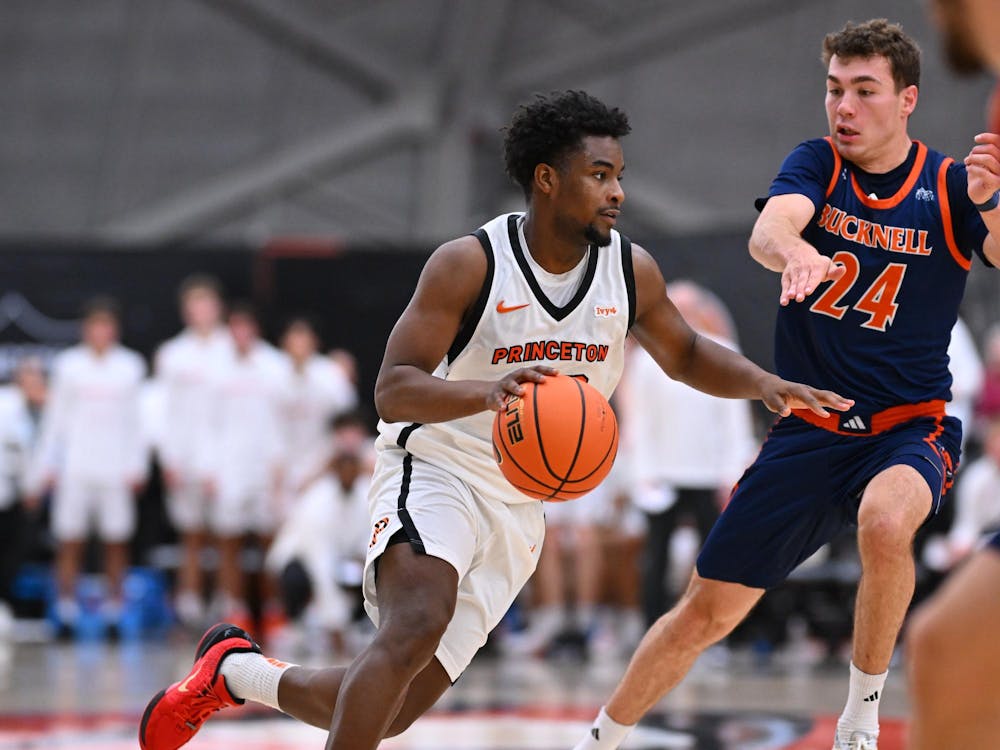Wertheim’s new book, “Scorecasting: The Hidden Influences Behind How Sports Are Played and Games Are Won,” delves into the data behind sports’ myriad of truisms, seeking to substitute fact for feeling. Written with long-time friend and University of Chicago economics professor Tobias Moskowitz, “Scorecasting” uses psychology, behavioral economics and, above all, statistics in examining conventional athletic wisdom and why it is often misconstrued or simply wrong.
“There are questions every sports fan wonders when watching a game,” Wertheim said. “For example, referees giving makeup calls in the NBA. We wanted to know if there was any way we could actually prove this. There wasn’t a whole lot more to this book than two guys who like sports kicking ideas around.”
Indeed, the heavy influence of statistics and data analysis in athletics is a relatively new phenomenon that has only appeared within the past decade, according to Wertheim. But he has exploited this emerging science to its fullest in the book and as a writer for Sports Illustrated.
“There is so much data out there,” Wertheim said. “Ten years ago something like this couldn’t have been done — it would’ve taken much longer — but now it’s never been easier to get your hands on data. We needed some help from leagues and websites, but the data analysis was harder than the gathering.”
Using the power of numbers, Wertheim is able to deconstruct irrationalities that have built up over decades and reexamine the ways sports fans interpret common knowledge. Consider, for example, the phenomenon of home field advantage. While Wertheim confirms that teams playing at home have a significant advantage over the traveling team, he dismisses oft-heard explanations such as travel fatigue and home-team superiority. Rather, Wertheim centers on the officiating influenced by partisan crowds.
“Home field advantage isn’t driven by athlete performance,” he said. “Actually, it’s driven largely by official bias.”
Wertheim, who taught the journalism course JRN 444: Sportswriting as Cultural Commentary in the fall semester as an honorary Ferris professor, said he sees the growth of statistics in sports and the warming of teams to quantifying success as welcome progress.
“Some embrace it, others see it as the geek trying to get into the cool club,” he said. “There’s a big range of acceptance and a big acceptance among team and coaches. In what other profession could you get away without making a statistically sound decision and instead say, ‘I’m going to go with my gut’? Only in sports.”
Wertheim has space to cover only a fraction of sporting cliches in “Scorecasting” but does not rule out the possibility of a sequel.
“There are enough of these issues left to tackle, and sports are a fun way to study psychology, behavioral economics and statistics,” he said. “Everyone gets it — there are winners and losers at the end of the day. I’m thinking very seriously about [writing] another one.”








